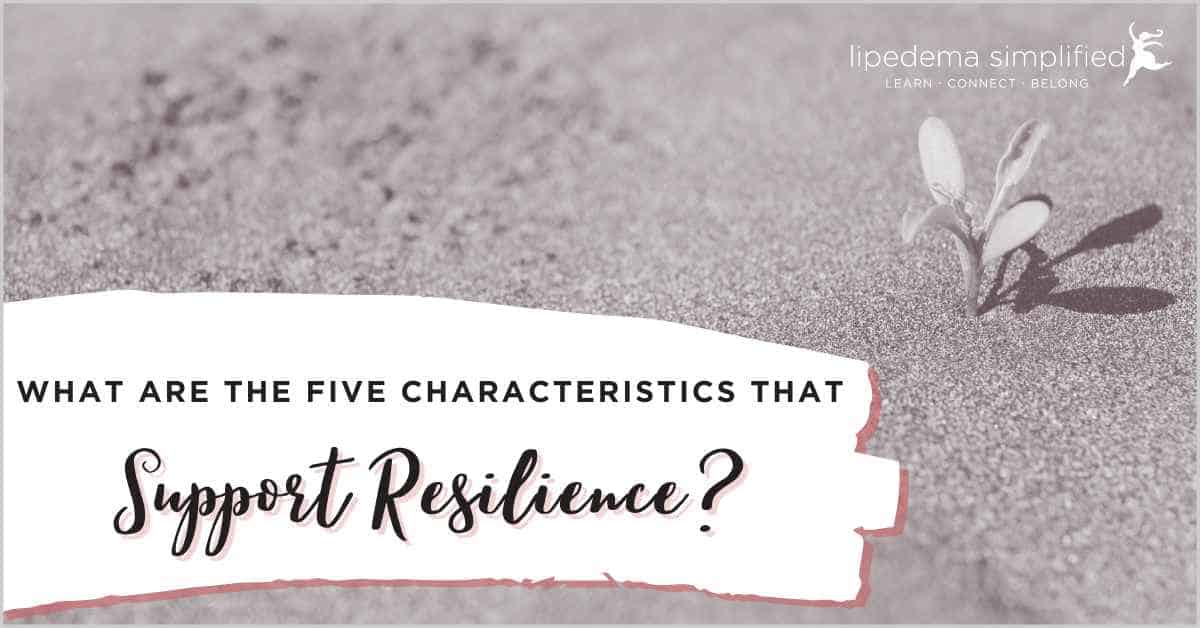
Lately, we’ve been focused on showing ourselves love and compassion – learning to fall in love with ourselves and recognize our very own stories. We have discovered our resiliency as we move forward in our health journey.
Personal resilience involves thoughts and actions that promote our well-being both physically and mentally. These are skills that we develop to help us adapt, deal with stress and conflict, and use coping strategies during tough times.
If we’re resilient, we’re able to brave sadness, grief, conflict, and painful events, and rebuild our lives.
Where Does Resilience Come From?
Thinking about our resilience stories in the community not only inspired me to power through my own goals but also made me wonder… How did we become so resilient? What contributes to this strength? How do we remain resilient during the toughest of times?
We often develop these skills as children through the support of family, friends, neighbors, and faith communities. However, we can continue to develop resilience as adults in these same support systems. Here are 5 characteristics that support our resilience.
Social Support
Social support consists of friends and family who help us through tough times. They listen to us when we need to vent our frustrations, give us advice when we need it, and accept us for who we are. This strengthens our belief in ourselves and teaches us to also accept our own limitations as humans and as a result, makes us resilient in spite of the toughest times.
Managing Feelings and Impulses
Not knowing how to deal with complex emotions would lead us to do things that can be self-destructive. So it’s important to manage our feelings and impulses properly. If we’re able to manage strong emotions, we’re less likely to feel overwhelmed, angry, and aggressive. As we feel deep sadness or anger, we accept it and find healthy ways to heal and cope.
Problem-Solving
We each encounter problems to be solved every day. By thinking, planning, and finding solutions, we continue to exhibit self-competence, independence, and confidence, which leads to resilience.
Control
During times of chaos or disaster, if we can feel in control of some aspect of our lives, we can find direction to heal and recover. This can be anything that we can hold on to. It’s important to stay grounded and remind ourselves of the things in our lives that are worth holding on to during the toughest times as they will help you stay focused and strong.
Asking for Help
Recognizing when we need help and when we can help others can also translate to resilience. Being able to do so means having the courage to accept help, which leads to finding joy in the gift. There’s a level of gratitude and contentment when we’re able to help others. We can also add meaning and purpose to our lives through generosity and gratitude.
Rewriting the Narrative – We deserve love!
Resiliency is one of the most wonderful things to have as humans. And all of these characteristics of resiliency help us to care for ourselves and others day-to-day in most situations. They give us the ability to actively support our communities. Our confidence and hope during situations lead to finding resources quickly.
May this remind you to stay resilient because anything is possible with lipedema!
~Gail
Check out our Facebook Group, Lipedema Simplified Support
